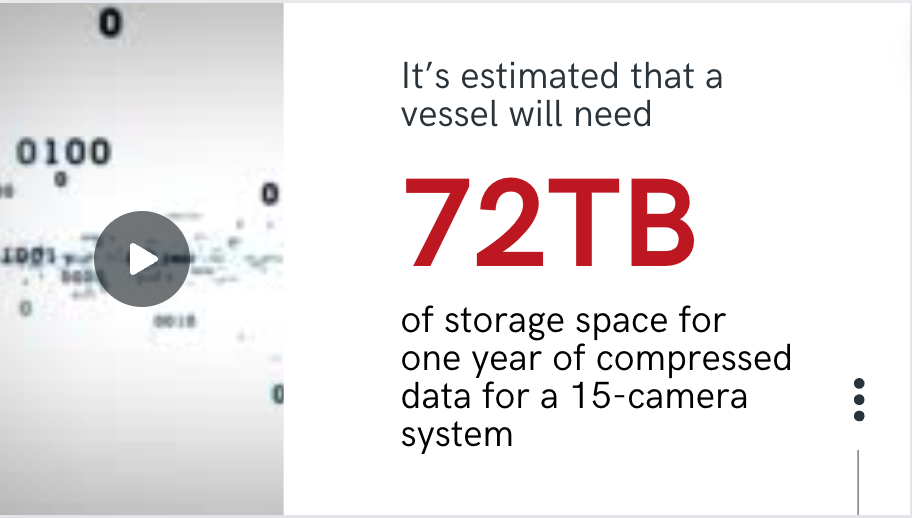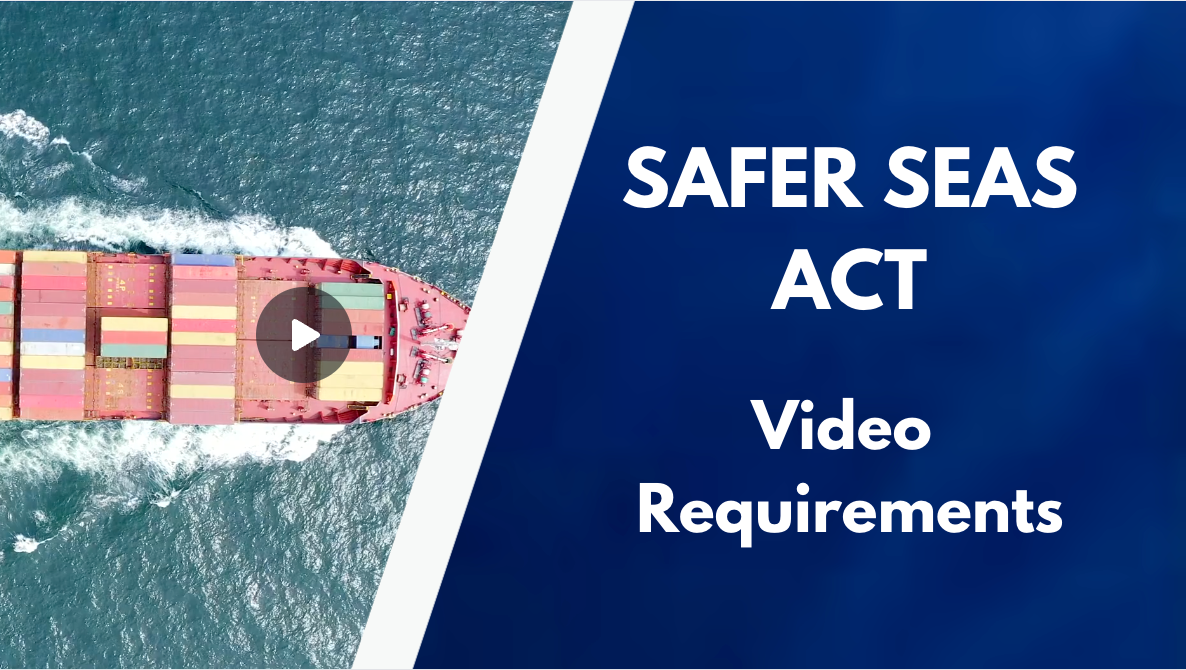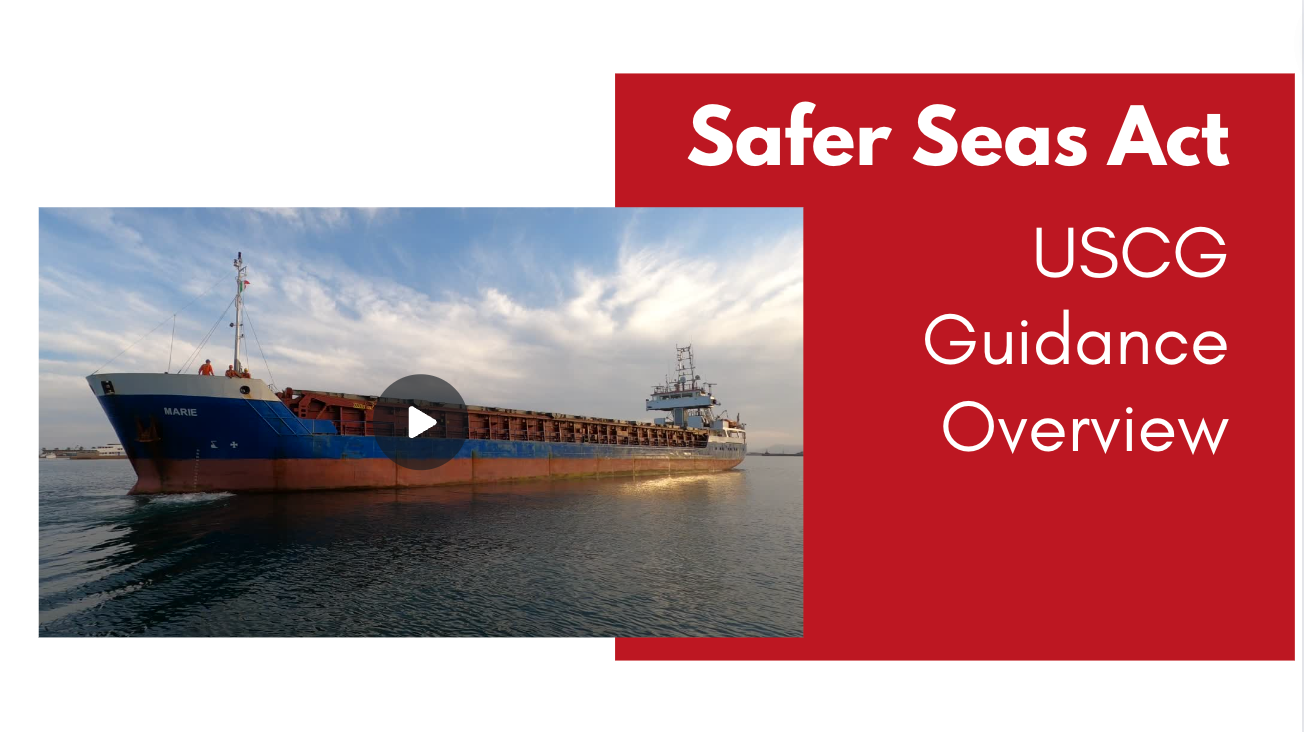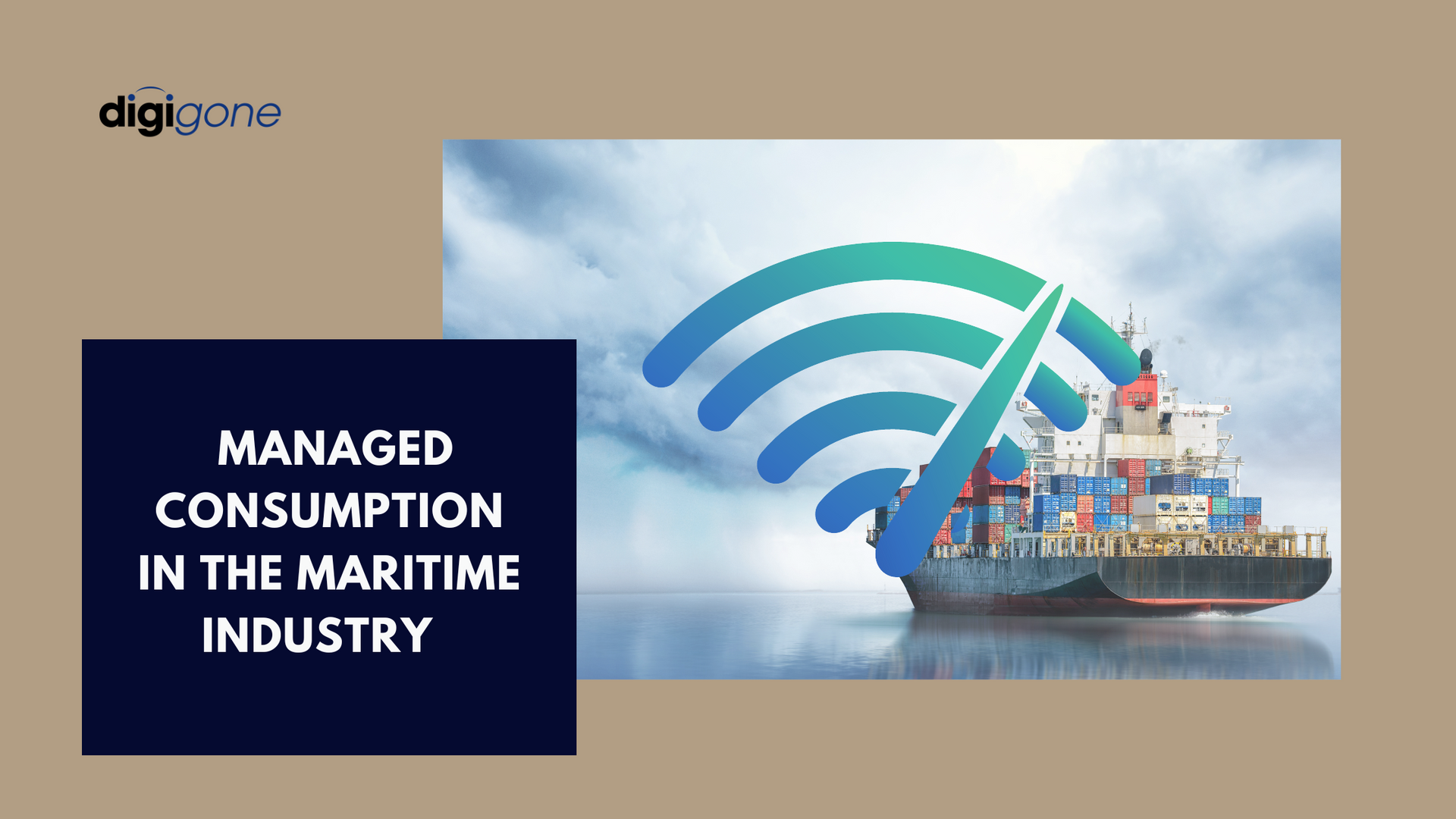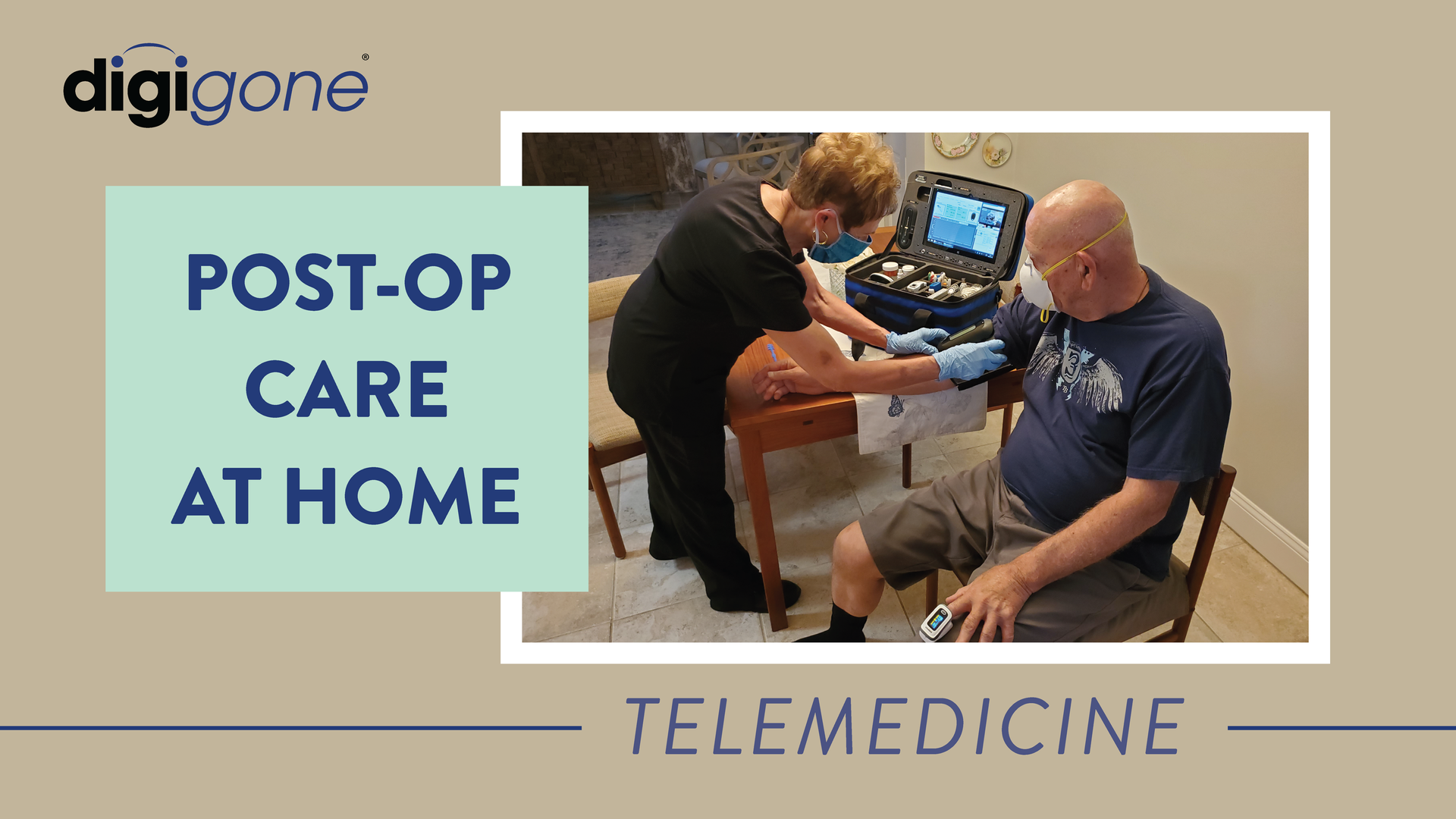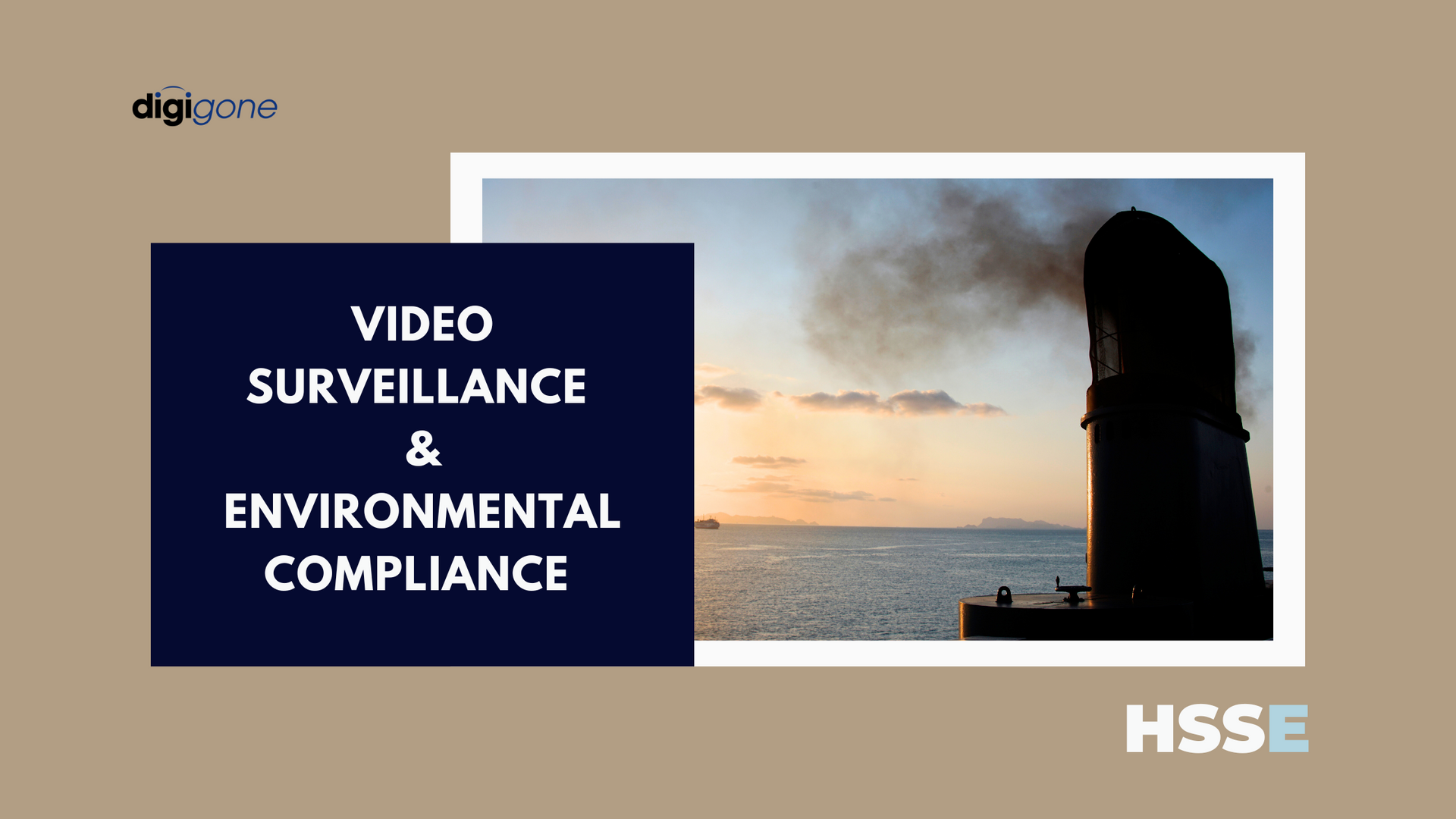Audio and Microphone Requirements for the Safer Seas Act
Audio Regulations in the Safer Seas Act Can Enhance Company Culture and Crew Welfare
The Safer Seas Act is a crucial step in improving the overall climate within the maritime industry. By addressing sexual assault and sexual harassment (SASH), this act — and the U.S. Coast Guard's aggressive interpretation of it — will help correct ongoing problems that have long plagued the industry.
Vessel management companies should see this as an opportunity to prioritize crew welfare while increasing employee retention and improving recruitment efforts.
In addition to video requirements, there are some particular audio requirements with the Safer Seas Act:
- Audio equipment needs to be placed in all passageways into which doors for staterooms open.
- Audio equipment must be of good enough quality to “ensure reasonable discernment of conversations and words spoken" in the coverage area.
- If needed, vessel operators also need to consider noise-canceling microphone technology.
- Equipment must be of sufficient sample rate, bit depth and microphone quality to ensure reasonable discernment of conversations and words spoken in all foreseeable ambient noise conditions.
- Notices of audio recording must be posted in specific areas.
- Access to the recordings is tightly restricted.
- Finally, all audio recordings (along with video) should be continuous without interruption and retained for not less than 1 year after the footage is obtained and for five years from the date of any alleged incident.
(continue reading)
But implementing these new laws isn’t just about checking off a list of compliances. The audio regulations can also have a positive impact on your company and the industry as a whole:
1. Deterrence
Knowing actions and sounds are being recorded will deter potential incidents. Employees have a straightforward and visual reminder to abstain from any type of abusive or offensive behavior.
2. Training
Audio recordings can be used to identify problem areas and improve training programs.
3. Transparency
Audio recordings will help increase transparency and accountability within the industry, creating a more open and safe work environment.
4. Recruitment
Implementing all the required video, audio and reporting requirements outlined in the Safer Seas Act means creating a safer workplace. The maritime industry is facing severe labor shortage and focusing on accountability and crew welfare will help recruit new workers.
At DigiGone, we’ve worked in surveillance and security within the maritime industry for decades. We have proprietary audio and video systems, along with storage and anti-tampering solutions, to manage all of the needs of your fleet or vessels. We can provide full turnkey packages based on specific needs that cover all of the regulations in the Safer Seas Act, including:
- HD cameras with built-in microphones
- IR lights with a 30-meter range
- Motion-activated recording, as well as continuous stream
- Time and date watermark stamps on all recorded video
- Tamper alarms on all equipment
- Noise cancelling technology
- Video and audio surveillance signage
Contact us today for a consultation so we can help your company not only meet regulations, but improve crew welfare and company culture.
DigiGone is a veteran-owned, service-disabled business based in Largo, Florida, providing custom, managed bandwidth solutions such as
digiMed,
CrewChat,
digiView, and
digiChat in the maritime, oil and gas and mining industries. For more information visit
digigone.com
to request a demonstration. Or email us at info@digigone.com, or call at 1-727-544-2327.




